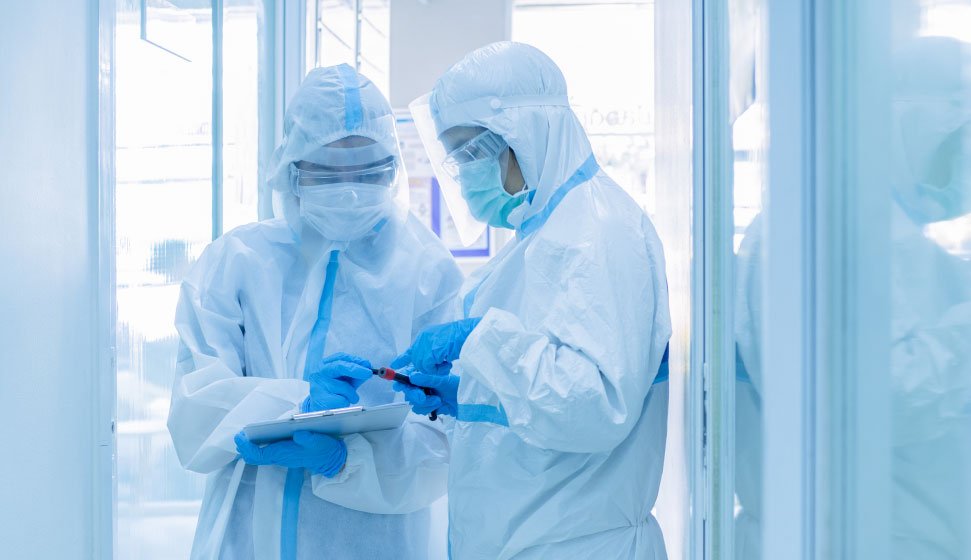- ejazkhadija2004@gmail.com
- August 31, 2023
- Nutrition, Research
- 0 Comments
Medical devices are designed to help save lives, improve health, and support patient care. Many of these devices use electrical power to function — from simple blood pressure monitors to complex imaging machines. Because they interact closely with patients and healthcare professionals, ensuring these devices are electrically safe is absolutely critical.
This is where Electrical Safety Testing comes in. It’s a key step in making sure medical devices are safe to use and meet regulatory requirements. Let’s explore what electrical safety testing is, why it’s important, and how it protects patients and users.

Why is Electrical Safety Testing Important for Medical Devices?
Protecting Patients and Healthcare Workers
Medical devices often come in contact with the patient’s body or are used very close to them. If an electrical fault occurs, it could cause serious injury or even be fatal. Testing ensures devices won’t deliver harmful electrical shocks.Compliance with Regulations
Regulatory authorities like the FDA (U.S. Food and Drug Administration) and international standards organizations (such as IEC and ISO) require electrical safety testing as part of the certification process. Without passing these tests, a device cannot be legally sold or used.Reliability and Performance
Electrical safety testing helps identify design flaws or manufacturing issues that could lead to failure or dangerous conditions. It improves the overall quality and reliability of the device.
Key Electrical Safety Tests for Medical Devices
Here are some of the main types of electrical safety tests performed on medical devices:
1. Leakage Current Test
This test measures the amount of current that leaks from the device to the patient or user under normal and fault conditions. It ensures the leakage current stays below safe limits.
2. Dielectric Strength Test (High Voltage Test)
The device is subjected to a high voltage between its electrical circuits and accessible parts to check if the insulation can withstand it without breaking down.
3. Ground Continuity Test
This test verifies that all exposed metal parts that are supposed to be grounded are properly connected to the device’s grounding system. This prevents electric shock if a fault happens.
4. Insulation Resistance Test
It measures the resistance of the insulating materials inside the device to ensure they prevent unwanted electrical flow.
5. Polarity Test
Ensures the device’s electrical connections are correctly wired to avoid malfunction or hazards.
Standards Guiding Electrical Safety Testing
There are several international standards that medical devices must meet, including:
- IEC 60601-1: The most important global standard for the safety and essential performance of medical electrical equipment.
- ISO 13485: Focuses on quality management systems in medical device manufacturing but references electrical safety requirements.
- FDA Guidance: Specific requirements and testing procedures for devices marketed in the U.S.
Following these standards helps manufacturers design safe devices and pass regulatory inspections.
How Test Cert Supports Electrical Safety Testing
At Test Cert, we specialize in conducting thorough electrical safety tests for medical devices. Our experienced team uses the latest equipment and follows international standards to:
- Identify any electrical safety risks early in the development process
- Provide detailed test reports for regulatory submissions
- Help manufacturers improve device safety and reliability
Our goal is to help medical device companies bring safe, compliant products to market quickly and efficiently.
Conclusion
Electrical safety testing is a vital part of developing and certifying medical devices. It protects patients and healthcare professionals from electrical hazards, ensures devices comply with regulations, and improves overall product quality.
If you are developing or manufacturing medical devices, partnering with a trusted laboratory like Test Cert for your electrical safety testing needs can save time, reduce risks, and open doors to global markets.




